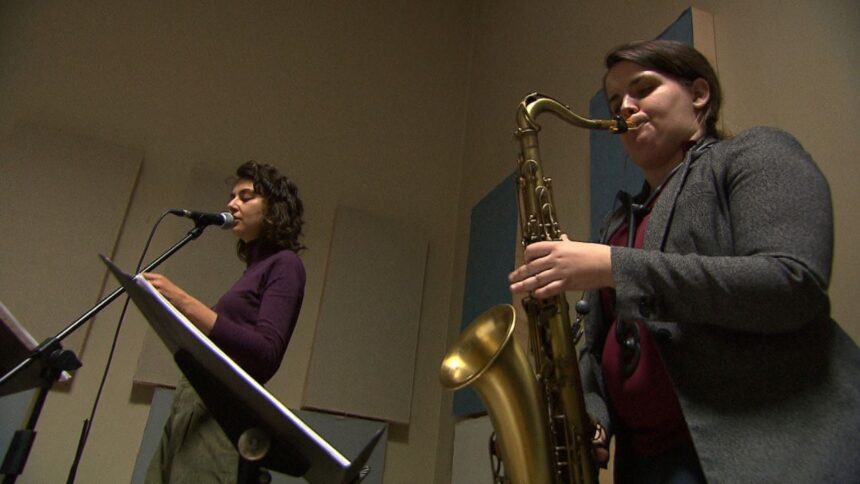In a decision that has sent shockwaves through Canada’s arts community, McGill University announced the indefinite suspension of its renowned Schulich School of Music’s performance programs, citing mounting financial pressures and budgetary constraints. The move affects dozens of faculty members and hundreds of students who have built their academic careers around one of North America’s most prestigious music education institutions.
The suspension comes as McGill grapples with a projected $23.6 million deficit for the current fiscal year, forcing the university administration to make difficult decisions about program funding. According to university officials, the Schulich School of Music has been operating at a significant loss for several consecutive years, making it increasingly difficult to justify its continuation amid broader financial challenges.
“This was not a decision taken lightly,” said McGill University Provost Christopher Manfredi in a statement released yesterday. “The Schulich School of Music has been a jewel in McGill’s crown for generations, but the financial realities we face require us to make these painful adjustments to ensure the long-term sustainability of the university as a whole.”
The suspension specifically targets performance-based programs while preserving music theory, composition, and musicology streams. Students currently enrolled will be permitted to complete their degrees, but no new admissions will be accepted until further notice.
The announcement has sparked immediate backlash from students, faculty, and alumni. A petition launched within hours of the decision has already garnered over 15,000 signatures, with prominent Canadian musicians and cultural figures calling for a reconsideration of the cuts.
“This is devastating not just for McGill, but for Canada’s cultural landscape,” said Sarah Thorpe, a second-year piano performance major. “Many of us chose McGill specifically for its world-class music program. There was no warning this was coming.”
Faculty members, many of whom are renowned performers in their own right, face uncertain futures. The university has indicated that around 45 teaching positions will be affected, with some faculty members potentially being reassigned to other departments while others may face termination.
The financial struggles at McGill reflect a broader trend across Canadian higher education, where provincial funding constraints and rising operational costs have created precarious situations for many institutions. According to Canada News, several major universities across the country have announced program cuts and consolidations in recent months.
What makes the McGill case particularly striking is the cultural significance of the Schulich School of Music, which has produced generations of acclaimed performers and has been considered a cornerstone of Montreal’s vibrant arts scene. The school’s annual concert series alone attracts over 20,000 attendees and has been a crucial training ground for aspiring musicians.
The economic impact extends beyond the university campus. Local music venues, recording studios, and other businesses that rely on the presence of a thriving music school community may also feel the effects of this suspension. According to CO24 Business, cultural institutions contribute approximately $58 billion annually to Canada’s economy, with educational programs forming a critical part of this ecosystem.
Student organizations have announced plans for protests and demonstrations in the coming weeks, while alumni networks are mobilizing to explore potential funding solutions. Some have suggested the creation of an endowment specifically dedicated to preserving the performance programs, though university administrators have expressed skepticism about the feasibility of such approaches in the short term.
As this situation continues to unfold, questions emerge about the future of arts education in Canada and the values that guide institutional decision-making in times of financial constraint. When universities face difficult budgetary choices, how do we determine the true value of programs that may not generate immediate economic returns but contribute immeasurably to our cultural heritage and collective identity?

























